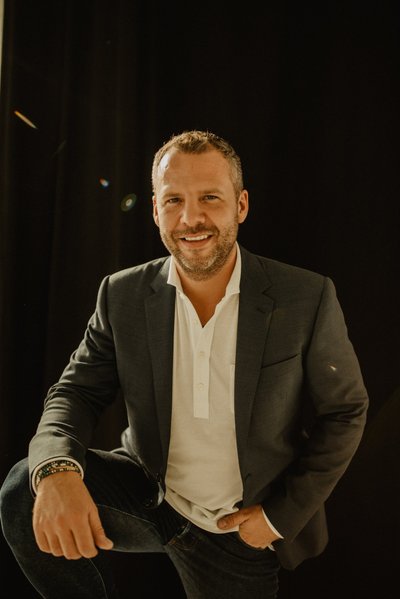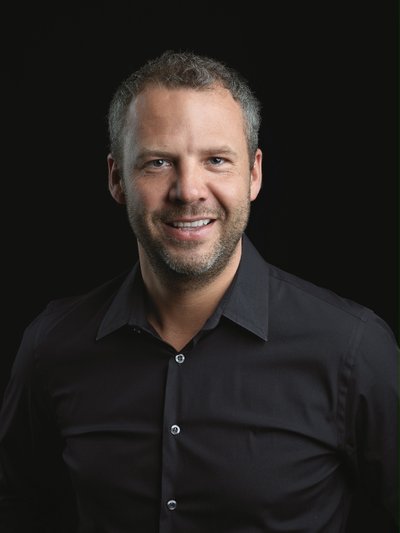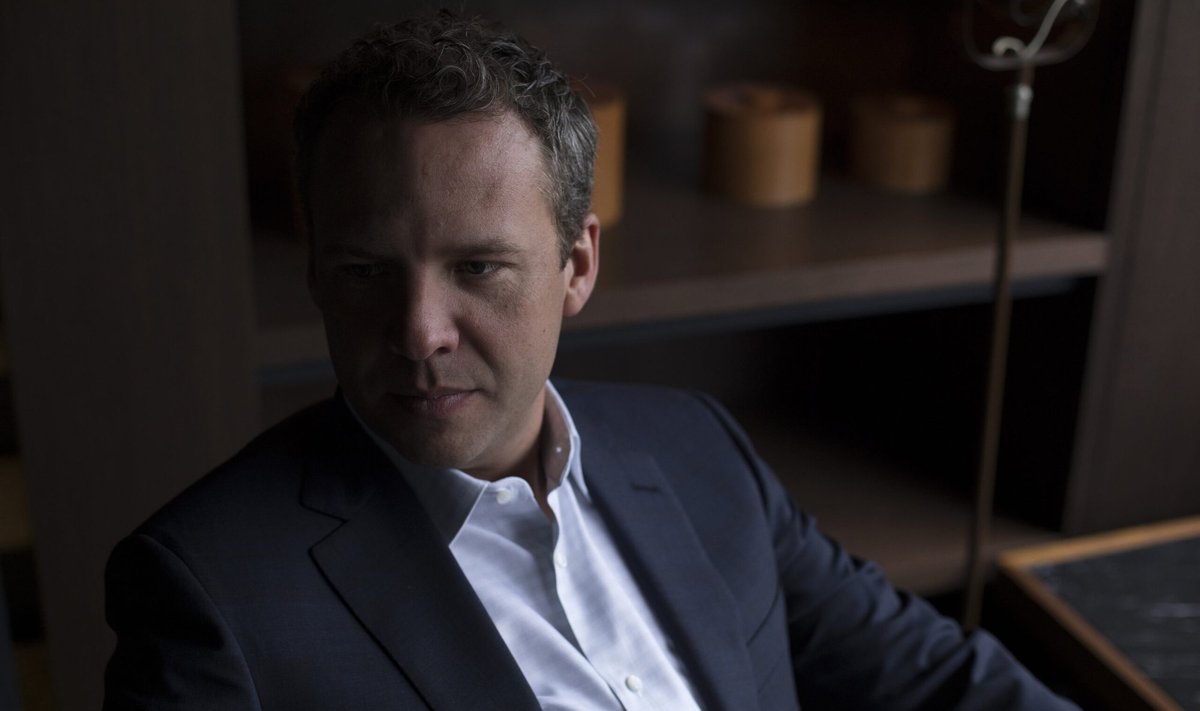When someone says the word “politics,” it’s likely the first thing that comes to mind is republicans and democrats, but that doesn’t mean it should. After the last election, we all have fatigue surrounding this issue, but between the seemingly endless news cycle, the ever-changing ways we are forced to live our lives during the pandemic, and even those uncomfortable conversations we have on social media with Aunt Susan— politics are seemingly inescapable. But it’s not for the reason you think. Politics and business will always be intertwined and it's the job of the entrepreneur to use their political power for the good not only of their organization but also everyone who is a part of it.
Let’s define what politics really means
Politics are quite simply, a set of intentional behaviors that are designed to enhance, support, or protect a person’s influence and self-interest in any given situation. Some degree of politics exists in our everyday lives, especially in organizations and situations with limited resources. This is particularly applicable to modern management theories and approaches. In other words, politics are a great substitute for formal authority.
As an entrepreneur, I always assume everyone makes decisions in their own best interest or the interest of their organization. After all, no one is going to negotiate against themselves. And while it is impossible to get exactly what you want 100 percent of the time (even if negotiation experts suggest you can get it close enough), the skills we develop through this process teaches us the art of creative compromise among differing and competing interests. Politics are the heart of the negotiation process.

The successful application of politics is finding win-win situations while considering different personal interests and perceptions. The use of politics also assists in developing emotional intelligence and ways of understanding how to communicate with different audiences. For example, negotiating extra vacation time at work is very different from negotiating the price of a home.
The successful use of politics results in the gain of political capital, which gives you the power to influence. Political capital is the currency we collect based on trust and goodwill from strong relationships with others. There are many different ways to gain political capital, not all of which are positive.
Connecting politics to organizational hierarchy
Another example of gaining political power is through organizational hierarchy. On a basic level, this means the higher up someone is, the more political capital they have.
However, this tactic often triggers a sense of fear for subordinates, playing out as one’s absence of worthiness or praise in the workplace and fear of job security, essentially establishing the fact that the fate of someone’s career lies with the authority figure that ranks above them. This approach is very formal, contrived and may not align with a superior’s leadership style or values. Still, this is the way most traditional businesses have functioned for years.
The main downside of this managerial structure is that power is being assigned as opposed to earned. In this scenario, one authority figure in the organization is telling you that another authority figure is powerful, thus granting them political capital. But this also means power is simply given, rather than earned through honesty, authenticity, and trust.
While I still utilize organizational hierarchy to a certain extent, I believe this tactic is being phased out in most businesses as progressive and collaborative modern management philosophies come into practice.
Within my organization, I see my employees begin to establish their own power and political capital by being entrepreneurial in spirit and setting themselves apart from others. In a sense, it is as if they are building their own brand within the organization. This is particularly true of leadership positions. Being part of an established system as well as your own entity is a new and innovative approach. This management style is highly political.
But power can be dangerous
Contrary to popular belief, power is neither good nor bad, it’s how we utilize our power that gives it context. In a matter of seconds, power can make or break a reputation or career. This might sound like a description of cancel culture, but it is really part of corporate culture.

Still, from an ethical standpoint, the person in power needs to be liable for their actions and have true accountability for their decisions. And while power certainly feels good, its misuse can easily backfire.
The worst-case scenario is when power is met with resistance, which often occurs when a leader is arrogant, or unusually demanding. This can happen when the needs of employees aren't met— such as their ideas being ignored in a meeting or failure to recognize their accomplishments and contributions. This can also mean not respecting their time or personal needs, like sick days. Creating an unpleasant or hostile work environment doesn’t drive loyal or enthusiastic employees and it is ultimately self-defeating for the organization as a whole.
Still, power can be used for good
However, power can also have a positive impact on others. This is where we see influence, leadership, and unity shine through. This is the side effect of power that inspires people, creates a positive work environment and company culture, as well as allows people to feel relaxed and confident in their abilities. It produces an environment of trust and thus a harmonious, productive workplace. This is the type of power I try to have and lead by example.
Why managers need to be more like influencers
When we hear the term "influencer", we might think of Kylie Jenner or someone with millions of followers on Instagram. But we are all influencers in our own way. Managers should influence their teams to elevate the organization as a whole as well as their own careers. This comes with responsibility because influence becomes the behavioral response of exercising your power. When considering how to influence, it is important to be mindful of using your power without force. I believe the key is to use power and political capital with finesse.
When I need to influence a particular situation, I think of which avenues of power within my organization I will use. This is why I always surround myself with strong leaders whose vision aligns with our company values.
I often bring strong talent from different and sometimes unrelated industries to join my team so I always have a fresh, new perspective on any business I’m involved in. I find that this approach always brings about strong leaders who can influence my organization in ways that are not always immediately obvious but ultimately end up making a large and positive impact.
Those exploring the power of influence must remember that people will gravitate towards you, respect you, and ultimately be influenced by you when you exercise the strength of your own personality.
As cliché as it may sound— be yourself. We all have different strengths. Your expert power lies in your knowledge, confidence, experience, and distinctive qualities. While you can be inspired by others, trying to emulate them exactly isn't a smart political move.
Think of how social media influencers became so popular. Gary Vaynerchuk is a great example of someone who influences and leads because he has such a unique and frankly alluring persona. But whether it’s fashion, lifestyle, or entrepreneurship, we are drawn to these people for being themselves and their often fearless authenticity. We "like" their photos and read their words because we are attracted to their personalities. They influence us not just to buy a product they're selling, but also the brand they're creating. This is the ultimate example of political capital.
Influencing isn’t manipulation
But to be clear, influencing is not the same thing as manipulating. Manipulation is politics gone awry. In the best-case scenario, manipulation builds false hopes, makes false promises, and only has short-term benefits. When we manipulate, we deceive people into believing a vision that we alone know, and almost always it is not in their best interest. The effect of manipulation is leading others to believe a promise that we know we cannot keep in a way that is rarely justified.
Manipulation requires one to be skillful in their message so that they can control the behavioral response of others.
When we manipulate, we deceive people into believing a vision that we (alone) know is not in their best interest or is not true to them. The effect of manipulation is leading others to believe in a promise that we know we cannot keep or believing a truth that we know is not true. It is inherently misleading and usually only benefits the person who is doing the manipulating.
